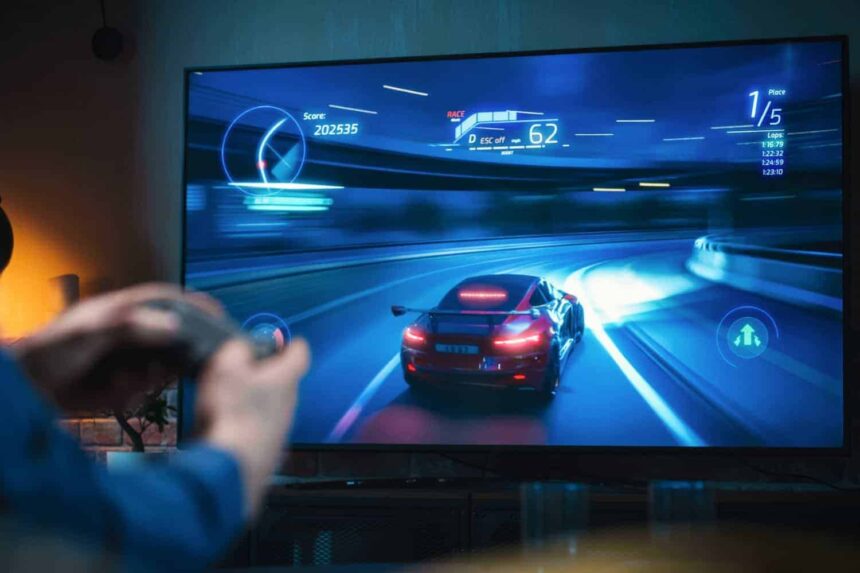Gaming: A Pathway to Mental Well-being
In today’s age of technological innovation, video games and online gaming have often been criticized for their negative impacts on mental health. However, new research is challenging these beliefs, suggesting that gaming can actually have numerous benefits for mental well-being.
Benefits of Gaming
Experts at Play Casino, a prominent online gaming platform, collaborated with psychologists and neuroscientists to explore the effects of gaming on mental health. Their findings highlight the positive impact of gaming on stress reduction, cognitive function improvement, and social skill enhancement.
Stress and Anxiety
A study published in the Journal of Cyberpsychology, Behavior, and Social Networking revealed that regular gamers experience lower stress levels compared to non-gamers. The immersive nature of gaming allows players to disconnect from real-world stressors, with fast-paced games triggering an adrenaline rush and relaxing games boosting relaxation chemicals like dopamine and serotonin. Additionally, a study from Oxford University demonstrated that casual gaming can reduce cortisol levels by up to 17% after just one session.
Gaming and Depression
Surprisingly, video games have shown promise in treating mild depression, with games involving problem-solving elements helping to rewire the brain’s response to negative emotions. A study from Harvard Medical School indicated that gamers who played for five hours a week experienced a 32% decrease in depressive symptoms. Puzzle and narrative-based games were found to enhance cognitive flexibility and promote a positive mindset.
Social Skills and Friendships
Contrary to the stereotype of the “lonely gamer,” multiplayer and social gaming have been shown to improve real-world communication skills. Research from the American Psychological Association revealed that online gamers feel more socially connected, with team-based gaming enhancing problem-solving, leadership, and communication skills. Online gaming fosters empathy and emotional intelligence through shared experiences and teamwork.
Cognitive Function and Decision-Making
Gaming serves as mental training, with different genres developing various cognitive abilities. Fast-reaction games improve hand-eye coordination, strategy games sharpen critical thinking, and open-world exploration encourages creativity. A study from MIT found that gamers process information faster, react quicker, and retain memory better than non-gamers. Even casino-style games can enhance skills like pattern recognition and strategic thinking.
PTSD and Trauma
Emerging research suggests that video games can be utilized in trauma therapy, with virtual reality gaming proving beneficial for PTSD patients. Clinical trials from Stanford University showed that immersive gaming environments and controlled breathing exercises in VR therapy reduced PTSD symptoms in participants. War-based strategy games helped combat veterans reprocess traumatic experiences in a safe and controlled manner.
Verdict
The data unequivocally supports the notion that gaming is not just entertainment but a valuable tool for mental well-being. From stress reduction to cognitive enhancement and social support, gaming offers a myriad of benefits that can positively impact mental health.








